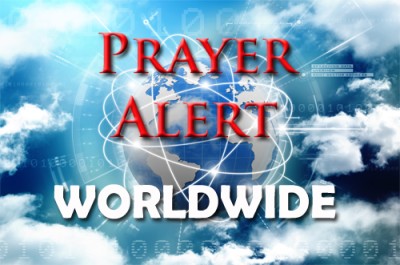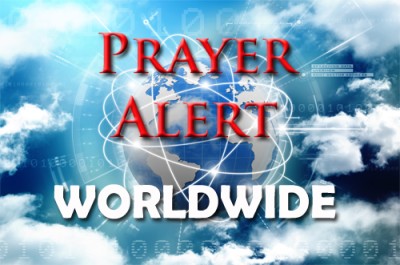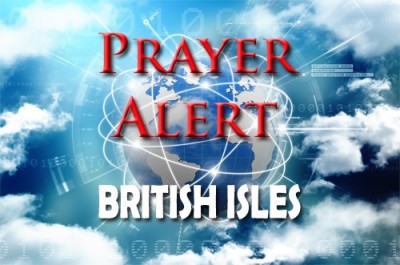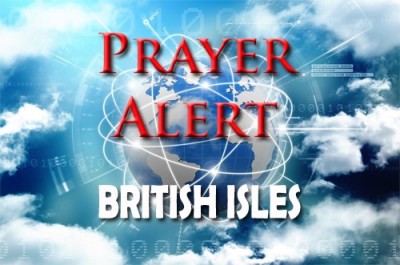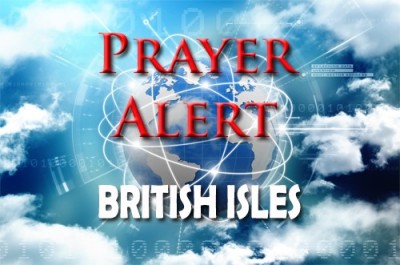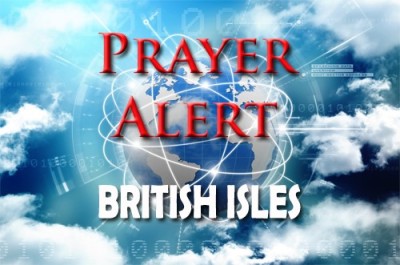Russia’s deputy prime minister Alexander Novak has said Moscow is discussing the possibility of supplying fuel to Cuba as the USA tightens restrictions on oil shipments to the island. The move follows new US measures aimed at cutting off Venezuelan oil supplies and threatening sanctions on countries that export fuel to Cuba. Russia, previously a major supplier alongside Venezuela and Mexico, has criticised the restrictions, warning of humanitarian consequences. Cuba relies heavily on imported fuel to power its electricity grid and already faces economic strain under longstanding US sanctions. The UN has cautioned that further shortages could deepen hardship. In response, Canada and Mexico have pledged humanitarian aid, including food and essential supplies. Washington has also announced $6m in humanitarian aid, provided that it is not distributed by the Cuban government. More than two million people have left the island since the Covid pandemic, due to the collapse of the tourism sector. Breaking news: four men in a Florida-registered speedboat have been killed by a Cuban border patrol. See
Laos: another opposition activist killed
27 Feb 2026Amid growing concern over repression in Laos, another activist, Bao Mo Khaen, has been killed. Known for criticising the ruling Lao People’s Revolutionary Party online, he was reportedly detained by soldiers in Vientiane on 14 February, and his body was discovered beside a damaged motorbike six days later. His death follows other cases involving Lao dissidents in recent years, including enforced disappearances and attacks at home and abroad. Observers note that such incidents often coincide with politically sensitive periods such as the national election on 22 February. Laos remains a one-party state, and the election was conducted without opposition candidates. Economic pressures, rising debt and youth emigration have added to public discontent. Human rights advocates argue that the pattern of violence reflects efforts to silence dissent and instil fear. Authorities have not publicly provided detailed explanations regarding Khaen’s death, and concerns over accountability persist.
On Shrove Tuesday, instead of speaking about pancakes or fasting, Archbishop Stephen Cottrell reflected on snowdrops in his ‘pause for thought’ on Radio 2. Walking through his garden in Bishopthorpe, he was struck by their fragile beauty and quiet strength. Blooming in winter’s cold earth, snowdrops herald the coming of spring, offering hope when the landscape still seems lifeless. Yet they are fleeting; by March they have faded. He recalled a deeply personal memory from thirty years ago, when he took the funeral of his one-year-old godson. The Sisters at the hospice placed snowdrops on the small coffin. To him, they spoke more eloquently than words of a life that was short, fragile, and beautiful. Linking this reflection to Lent and Easter, he reminded listeners that every human life has a beginning and an end, each miraculous and precious. Snowdrops, appearing in winter and disappearing quickly, invite us to reflect on mortality, hope, and the abundant life brought through Christ’s death and resurrection.
Yorkshire missionary Andy Newlove has shared remarkable stories of God’s faithfulness during fifteen years serving in the Philippines. His life, he says, began with a miracle. After a miscarriage, doctors doubted his mother would carry a child to term, but she prayed and dedicated her son to God. Andy was born, though tragedy followed when his father died while he was still a baby. Growing up, he witnessed many answers to prayer and came to believe that the gifts of the Holy Spirit remain active today. As a child he experienced healing after a severe scald, and later prayed for a girl dying of meningitis who recovered and eventually became his wife, Tracey. When she was 33 weeks pregnant with their first child, they moved 7,000 miles to the Philippines. There they survived earthquakes, typhoons, and dangerous journeys while planting churches and training local believers. Miracles, unity among pastors, and revival marked their years of service. Today their legacy continues through family and Filipino leaders serving Christ worldwide.
Andrew arrested on suspicion of misconduct
20 Feb 2026Following an investigation by Thames Valley police, Andrew Mountbatten-Windsor has been arrested on suspicion of misconduct in public office. Officers detained the 66-year-old at the Sandringham estate and are searching properties in Norfolk and Berkshire, including Royal Lodge in Windsor. The arrest follows a number of complaints that he shared confidential material with convicted sex offender Jeffrey Epstein. Andrew has consistently denied wrongdoing, and has not commented on the latest allegations. Misconduct in public office involves a public official wilfully neglecting duty or abusing the public’s trust without reasonable justification. To protect the integrity of the investigation, the police are limited in what they can disclose due to contempt of court laws and privacy rules. In a statement, King Charles III said he learned of the arrest ‘with the deepest concern’ and stressed that the law must take its course, pledging full cooperation while continuing royal duties.
Thirty English councils are scrambling to reinstate local elections after the Government reversed plans to delay them until 2027. The ballots, affecting more than 4.5 million voters, will now go ahead on 7 May following legal advice sought after a challenge from Reform UK. The ministry of housing and local government confirmed the U-turn, alongside a £63 million fund to support council reorganisation. Nigel Farage described the decision as a 'victory for democracy', claiming the Government had backed down. However, election administrators warn that months of essential preparation have been lost. Officials had paused planning to avoid unnecessary expense and now face an intense period of catch-up to secure polling stations, staff, and smooth operations. Councillors across parties have expressed frustration, citing confusion and instability caused by repeated changes. Some fear wider plans for devolution and local government reform are now uncertain, leaving councils and residents seeking clarity.
The UK inflation rate has fallen to 3% in the year to January, down from 3.4% in December, according to the ONS. Economists had predicted the drop, which was driven partly by lower prices for bread, cereals, petrol, meat, and airfares. However, inflation remains above the Bank of England’s 2% target, meaning prices are still rising, just more slowly. Rachel Reeves said government decisions in the November Budget are helping ease pressure on households, while Keir Starmer described cutting the cost of living as his top priority. Critics argue many families are still struggling, pointing to higher unemployment and ongoing business pressures. Some small business owners say transport, employment, and ingredient costs continue to squeeze margins. Energy bills may also fall this spring, with forecasts suggesting a 7% drop in the price cap. Analysts now believe the downward trend could prompt an interest rate cut in March. While the direction is encouraging, many households remain mindful that prices are still significantly higher than five years ago.
Donald Trump has cast fresh doubt on the UK’s planned Chagos Islands agreement with Mauritius, urging Keir Starmer not to 'give away Diego Garcia'. The deal would see Britain transfer sovereignty of the islands to Mauritius while leasing back Diego Garcia, home to a vital joint UK-US military base, for 99 years. Although the US State Department recently backed the agreement, Trump criticised the plan on social media, arguing that long-term leases are inadequate for strategically important territory. He described Diego Garcia as crucial in the Indian Ocean, suggesting it could be needed for a future attack on with Iran. His remarks come ahead of US-Mauritius talks and follow previous shifts in his stance. The Government insists the agreement is essential to secure the base’s long-term future and maintain allied security. Opposition politicians have condemned the proposal, while some Chagossians are protesting against the handover, arguing that Mauritius never rightfully owned the islands and calling for restoration of their homeland. See
